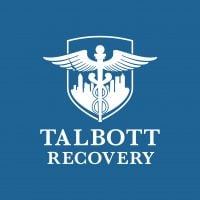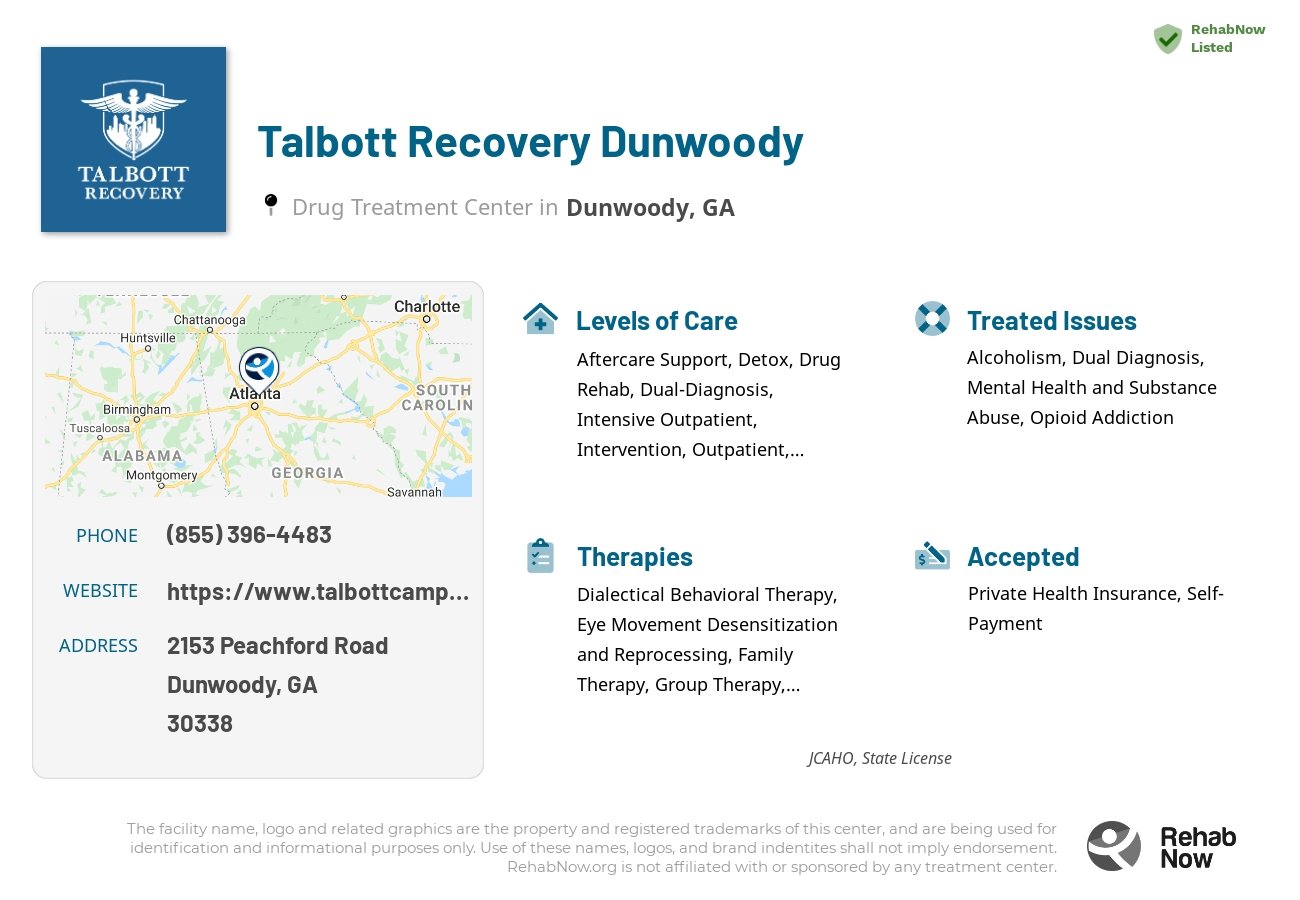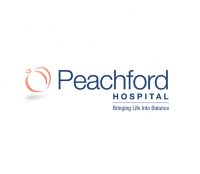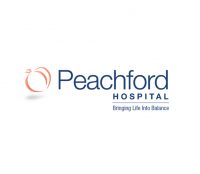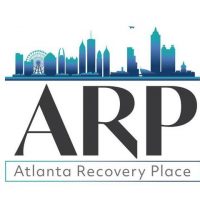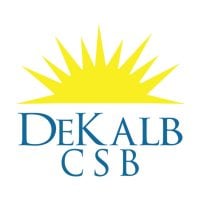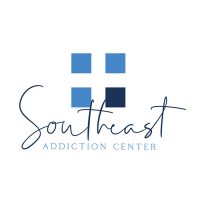Talbott Recovery Dunwoody
Drug Rehab Center in Dunwoody, Georgia
Talbott Recovery Dunwoody in Dunwoody, Georgia offers personalized and comprehensive addiction treatment programs, including residential, partial-hospitalization, intensive-outpatient, outpatient, aftercare support, detox, and recovery-oriented sober-living programs, for individuals dealing with substance abuse and mental health issues.
About Talbott Recovery Dunwoody in Georgia
Talbott Recovery Dunwoody, situated in Dunwoody, Georgia, specializes in outpatient day treatment, intensive outpatient, and young adult outpatient addiction programs. This facility stands out for its patient-centered care and the integration of the 12-step philosophy with Motivational Enhancement Therapy, facilitated by a multidisciplinary team.
- Emphasizes personalized goals and long-term success for professionals, young adults, and adults.
- Offers a range of treatment modalities including medication management, groups for professional issues, and coping strategies.
- Accredited by JCAHO and licensed by the state, ensuring high standards of care and treatment integrity.
Talbott Recovery Dunwoody is recognized for its comprehensive approach to treating co-occurring addiction and mental health disorders. Their programs are designed to address the specific needs of each individual, incorporating evidence-based treatments and support for a variety of issues.
The facility treats a wide range of addictions, including alcohol, opioids, and drug addictions, utilizing methods such as the 12-steps, Motivational Enhancement Therapy, and medication management. They offer multiple levels of care, from outpatient to intensive outpatient programs, tailored to support individuals at various stages of recovery.
Genders
Ages
Modality
Additional
Accreditations
State License
SAMHSA

LegitScript

JCAHO
Conditions and Issues Treated
Opioid addiction is a common form of addiction, often caused by prescription drugs that are abused. Addiction is treated by detoxifying the body and following up with therapies to correct behavior and target the root of the problem.
Most opioid addiction begins with patients being prescribed painkillers after an injury or surgery. The body becomes used to the chemicals in these medications and soon no longer responds to their presence. As a result, addicts seek out stronger opiate-based medications like Oxycodone to compensate for the lack of effectiveness.
The most dangerous aspect is that these addictive behaviors often get carried over onto illicit drugs like heroin, which are increasingly potent and result in lower life expectancies.
Dual Diagnosis treatment centers like Talbott Recovery Dunwoody provide this treatment tailored to the patient’s specific needs, and they also have a specialized focus on addiction treatment. Drug and alcohol addiction often coexists with another mental illness, such as depression or schizophrenia. In other words, drug addiction is only a symptom of a deeper problem.
When addiction enters into the picture, it can often lead to dangerous consequences in the addict’s life. For example, when addiction is paired with major depression, it can lead to suicidal thoughts or actions. When someone is addicted to drugs or alcohol, they often experience a failure to control their impulses and difficulty decision-making.
Dual diagnosis for drug addicts can be very effective when treating drug addiction in Dunwoody, GA.
Levels of Care Offered
This center offers a variety of custom treatment tailored to individual recovery. Currently available are Aftercare Support, Detox, Drug Rehab, Dual-Diagnosis, Intensive Outpatient, Intervention, Outpatient, Partial-Hospitalization, Residential, Sober-Living / Half-Way, with additional therapies available as listed below.
Detox is the body’s process of removing toxins. In substance abuse, detox refers to the process of getting rid of drugs already present in the system once the patient stops further intake. Detox is the initial recovery step. Physiological drug dependence over time can lead to symptoms of withdrawal. Depending on the symptom severity, the detox process is managed either medically or clinically. While medically assisted detox relies on specific medicines, clinical or social detox relies on providing the patient with emotional and psychological support.
Intensive Outpatient Programs (IOPs) are a form of drug treatment that allows individuals to receive the therapy they need while remaining in their homes and community. IOPs allow for the flexibility to continue working and living at home while still meeting treatment demands.
Outpatient treatment programs are less intensive than an inpatient program. Participants live at home while working or going to school. Benefits include being able to continue relationships with family, friends, and work/studies. Treatment includes educating patient on addiction to drugs, medication, and counseling. Benefits include being able to continue relationships with family, friends, and work/studies. Treatment includes educating patient on addiction to drugs, medication, and counseling. Counseling sessions are for either individual or group.
A Partial Hospitalization Program is the safest way for a person suffering from addiction to get treatment without putting their family at risk. The addict has the freedom to check in and out of treatment, yet they still receive outside guidance and confinement if needed to beat their addiction.
An addict in a Partial Hospitalization Program will meet with medical and psychological professionals and undergo drug testing, all of which can lead to a diagnosis and the beginning of an effective treatment plan. Treatment can include individual counseling, group therapy, family therapy, community support sessions, and more.
People who have completed treatment have the opportunity to go to a sober living home. These facilities located in Georgia, offered by Talbott Recovery Dunwoody, support a sober living lifestyle. There are often curfews, chores, and therapy sessions enforced to keep residents clean. Career training and other resources are also provided to help recovering addicts return to the outside world. Sober living houses help the patient to smoothly transition from a formal treatment program to a normal life.
SLH (Sober Living Homes) is one of the options of aftercare that helps the patient maintain sobriety by preventing relapses. SLH provides the advantage of residing with a peer group who had similar experiences and share the common goal of staying sober. All the residents need to follow a set of rules or guidelines. These are different for different SLH. They help the patient gradually restore the life skills, interpersonal skills, and various other skills needed to be independent.
Residential treatment programs are those that offer housing and meals in addition to substance abuse treatment. Rehab facilities that offer residential treatment allow patients to focus solely on recovery, in an environment totally separate from their lives. Some rehab centers specialize in short-term residential treatment (a few days to a week or two), while others solely provide treatment on a long-term basis (several weeks to months). Some offer both, and tailor treatment to the patient’s individual requirements.
Drug rehab intervention aims to make sure patients understand the risks of their addiction and possible outcomes if they continue their behavior. They must learn how their addiction affects those around them and allow a therapy session to help move past the physical symptoms.
Interventions are used in drug rehab to help patients overcome their addiction to drugs. They often include psychotherapy or behavioral therapy, group therapy, family counseling, and peer support. Each intervention is designed to provide a unique perspective of how the addiction occurs and what can be done to stop it.
Aftercare Support in drug rehab is crucial because it helps people stay sober after treatment. The benefits of Aftercare Support are that it provides a pathway that will help people get sober for life. It supports healing at all levels, physical, mental, emotional, and spiritual.
Therapies & Programs
Individualized Treatment is essential because it gives addicts the ability to participate in a program that meets their unique needs. An addict should work with professionals who understand what they’re going through, especially if the addict is actively using.
Trying to find a treatment program that meets your needs can be challenging. It’s even more complicated if you don’t know what kind of treatment you need. Being able to have professionals who are experienced with treating your situation is key to getting sober. Finding the right treatment program for an addict is difficult, but it’s even harder without communicating with those who have experience treating your specific situation.
Family dysfunction can often be the underlying cause of substance abuse. To get sober, you need to find a different way to cope with the pain in your life. Family therapy can help you and your family deal with old issues that may trigger substance abuse. It will help everyone understand why each member of the family feels and acts the way they do. It can give everyone new tools to manage their emotions so that they don’t want to drink or do drugs.
A person looking for drug recovery should know that group therapy is an essential tool. Group therapy provides accountability and friendship to people with addiction. It is recommended as a lifetime treatment habit. Group therapy occurs in a group setting as opposed to a one-on-one setting. It benefits patients by providing a feeling of support and letting them know they are not alone. Patients at Talbott Recovery Dunwoody also learn to build trust and understanding and gain perspective through discussions.
If you are looking for a drug addiction treatment program that also provides trauma therapy, then Talbott Recovery Dunwoody in Dunwoody, GA is a great option. The staff at this facility specialize in helping people process and understand the past traumas that have led them to addiction. This approach can help individuals move forward with their recovery and take a better hold of their sober future.
The benefits of trauma therapy at Talbott Recovery Dunwoody in Dunwoody, GA are as follows:
- People will become less likely to engage in self destructive behaviors.
- Their emotional and mental health will significantly improve.
- They will be more confident in their abilities to live an addiction-free life.
- People will be able to connect with other people on a deeper level.
- Their problems with intimacy and trust will improve.
Dialectical behavior therapy is a type of cognitive-behavioral therapy that focuses on eliminating specific negative thoughts that can potentially lead to an individual inflicting self-harm. It helps treat patients exhibiting uncontrollable emotions, intense mood swings, and borderline personality disorders.
The term “dialectic” means the integration of opposites. In the substance abuse context, dialectical behavior therapy refers to accepting the patient’s addiction and changing their thoughts and behavior. It improves life skills such as controlling intense emotions without reacting impulsively, resolving interpersonal conflicts effectively, and promoting awareness about self and others.
Cognitive behavioral therapy (CBT) is a type of psychotherapeutic treatment that is focused on changing negative ways of thinking that contribute to addictive behavior.
Cognitive behavioral therapy is beneficial for:
- People who are seeking to overcome addictive behavior
- Those who struggle with addictive behavior and mental illness
- People who have a genetic history of addiction in their family
- Those who don’t want to depend on medications
- Those who need a more practical treatment approach
Eye Movement Desensitization and Reprocessing (EMDR) is an integrative psychotherapy approach that has been extensively studied and proven effective for treating trauma. EMDR is a set of standardized protocols that incorporates elements from many different treatment approaches. EMDR therapy promotes information processing of external stimuli, memories, thoughts, and feelings. EMDR sessions typically last 50-90 minutes and can be completed in as little as 12-15 sessions. However, many individuals with chronic trauma histories require more than 50 EMDR sessions to achieve significant symptom relief.
EMDR therapy treats individuals, children, and adults of either gender exposed to one or more traumatic events. EMDR cannot cause someone to forget details of the traumatic event(s), nor does EMDR focus on exploring the past trauma(s). EMDR has been demonstrated effective for survivors of various traumas, including accidents, natural disasters, violent crimes, sexual abuse, and combat stress.
EMDR is most effective when the client has completed a thorough psychiatric evaluation to rule out or treat any co-existing mental health problems. EMDR therapy does not involve hypnosis or abreaction (catharsis) of traumatic memories. EMDR is a goal-directed therapy in which the client works with the therapist to develop an individualized treatment plan that focuses on specific trauma memories and associated disturbance.
Life skills training is beneficial for addicts in recovery because it helps them learn how to take care of themselves and improve their quality of life, which can promote feelings of purpose and motivation.
This type of treatment works by teaching individuals life-enhancing skills that support positive living, including:
- Healthy lifestyle habits
- Skills to effectively manage stress
- Effective communication skills to help them get their needs met without turning to drugs or alcohol
- Money management and budgeting skills so they can continue to take care of themselves after treatment ends.
Payment Options Accepted
For specific insurance or payment methods please contact us.
Is your insurance accepted?
Ask an expert, call (888) 674-0062
Additional Details
Specifics, location, and helpful extra information.
Dunwoody, Georgia 30338 Phone Number(855) 396-4483 Meta DetailsUpdated April 15, 2024
Staff Verified
Is Talbott Recovery Dunwoody a LegitScript Verified Treatment Facility?
According to our most recent records, we have found this center to be LegitScript verified.
Talbott Recovery Dunwoody Patient Reviews
There are no reviews yet. Be the first one to write one.
Dunwoody, Georgia Addiction Information
Prescription opioid use has caused a large increase in the total amount of overdoses in Georgia. Almost 12% of the Georgia population uses illicit drugs each year, and slightly over 3.5% also abuses alcohol at the same time. This does not include those who binge-drink at least once a month, which includes 20% of all Georgians.
Treatment in Nearby Cities
- Baxley, GA (186.9 mi.)
- Homerville, GA (219.4 mi.)
- Pelham, GA (193.8 mi.)
- Chickamauga, GA (86.5 mi.)
- Valdosta, GA (222.1 mi.)
Centers near Talbott Recovery Dunwoody
The facility name, logo and brand are the property and registered trademarks of Talbott Recovery Dunwoody, and are being used for identification and informational purposes only. Use of these names, logos and brands shall not imply endorsement. RehabNow.org is not affiliated with or sponsored by Talbott Recovery Dunwoody.
